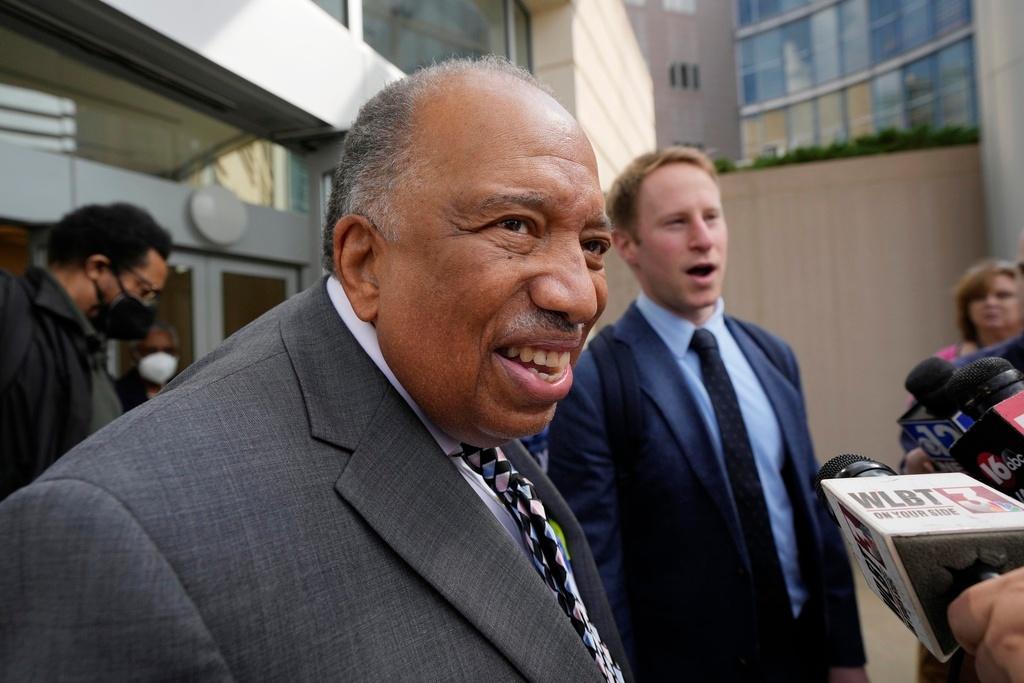HB1020, envisioned as a vehicle for tackling Jackson's high rate of violent crime, would expand state policing inside the city of Jackson and create a new judicial district in the whiter, more affluent areas of the city. The bill orders Michael Randolph, chief justice of the Mississippi Supreme Court, to appoint four circuit court judges for the new judicial district.
Judge Henry Wingate of the Southern District of Mississippi granted the NAACP's request to extend a temporary restraining order barring Randolph from appointing the judges until Wingate delivers a written opinion on the issue. That ruling will come by Monday, May 29 at the latest.
Attorneys for the plaintiffs and the NAACP argued that these judicial appointments violate the state constitution and strip Jacksonians of their voting rights.
“We’re glad the court is ensuring the rights of Hinds County residents to continue to be protected,” Joe Schottenfeld, assistant general counsel for the NAACP, said.
The Mississippi State Constitution states that circuit judges are to be elected, though there have been examples of judges being appointed on a temporary basis by the Chief Justice under a different state law.
Carroll Rhodes, a civil rights attorney representing the plaintiffs, argued that the appointment of judges to the Hinds County Circuit Court violates the 14th Amendment of the U.S. Constitution because it treats Hinds County residents differently than other Mississippians, who have been able to elect all their circuit court judges.
“Why did the Legislature, through House Bill 1020, single out Hinds County?” Rhodes said. “Why single out Hinds County from being different from the rest of the state?”
Rex Shannon, who is representing the attorney general’s office, said a 14th Amendment equal protection argument doesn’t apply because Hinds County is unique, as it contains both the state Capitol and the University of Mississippi Medical Center and is experiencing a higher rate of violent crime.
Shannon also pointed to Jackson’s “dysfunctional” local government, referring to the city’s water, trash collection and sewage crises as justification for why the state needed to step in. Shannon argued that the bill is not race-neutral and that tackling crime in the city is a legitimate interest of the state.
“It’s a problem that affects everyone, regardless of race,” Shannon said.
Mark Nelson, Justice Randolph's attorney, argued that his client should be protected from this lawsuit by judicial immunity, and that being barred from making the appointments would irreparably damage the institution of the chief justice and the state Supreme Court overall.
“My client is here to protect the office of the chief justice,” Nelson said.
On May 15, a state court judge dismissed a similar lawsuit, ruling that the appointment of temporary judges does not violate the state constitution. That decision has been appealed to the Mississippi Supreme Court.
The NAACP is expected to file a preliminary injunction request against other elements of HB1020 on Wednesday.
“There’s lots more to come in this case,” Schottenfeld said.




